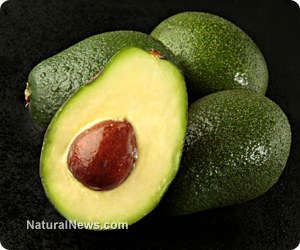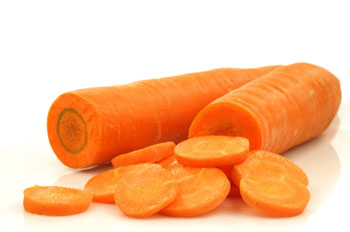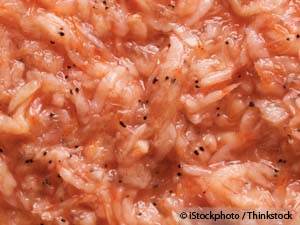Many people with irritable bowel syndrome (IBS) feel unable to eat various foods because of the unpleasant way their bodies respond. While some foods may be problematic, there are still many foods that people with IBS can safely eat. Dining out may still be enjoyable and patients’ diets can consist of a wide range of foods.
If you have IBS, you may be able to minimize symptoms triggered by foods with a healthy, balanced diet of three meals and 2-3 snacks a day. It is important to ensure your diet is rich in fibre, low in fat, and includes lots of fruits and vegetables.
It is very important to note that IBS and diet is a very individual thing in that what works for one person with IBS might not work for someone else. However, over time, patients, dietitians, and doctors have identified some foods that seem to cause problems for a number of people. We encourage you to eat a wide variety of foods and some of these suggestions might work for you. However, if these suggestions cause a negative reaction, then you should avoid them.
Diet Suggestions:
- Eat all cooked vegetables, except perhaps cabbage, cauliflower, and broccoli – which might cause too much gas – however, if they are your favourite foods and they don’t cause problems for you, then go for them too.
- Try fruits without the skins. Some people might have problems with melons, apples, and citrus fruits.
- Some IBS patients benefit from increasing the fibre content of their diet. When it comes to fibre, increase this slowly and ensure a water intake of 1.5-2L/day.
- Bran fibre may aggravate some symptoms of IBS so be alert for any negative reactions to this food.
- Usually people with IBS can tolerate bread, pasta, rice, bagels, and crackers, in any variety including rye, whole wheat, white, gluten free, etc. Some find seeds challenging, but experiment to see if they bother you or not.
- Dairy products only cause problems for people who are lactose intolerant, so enjoy these products freely. If you have lactose intolerance as well as IBS, you could try lactose-free products or a Lactaid® pill.
- Enjoy all meat, chicken and fish.
- Some people have problems with heavily spiced, sauced, or fried foods.
- Try choosing these snack foods: pretzels, baked potato chips, rice cakes, frozen yogurt, low fat yogurt, and fruit.
- Look for low-fat items to enrich your diet.
- For the foods that are potential IBS symptom triggers for you, try introducing them back into your diet by having a small portion and choosing only one trigger food at a time.
- A good trick for some people is to take 1-3 tsp or three capsules of a soluble fibre supplement before a potential trigger meal. The supplement may protect against developing symptoms. Be sure to go slowly when adding fibre to your diet.
- Prepare foods by grilling, broiling, baking, or steaming with little to no oil. Try using a cooking spray in place of oil.
When it comes to eating out, try to choose foods that would be the most similar to what you would eat at home. Order sauces and dressings on the side, avoid fried food, ask for limited spices, avoid foods that are oil-heavy, have a small portion of dessert, and don’t overeat!
When you are at a party or a friend’s house, if possible, let the host know your food preferences and needs, but if you cannot, then stick with the food you know you are safe with and have only a small portion of a known trigger food. If you are still hungry, eat when you get home.
Although, IBS can be challenging when it comes to food, it is important to take the perspective that there are still many foods to enjoy. Most importantly, start with a balanced and regular diet and then try the foods discussed above. If you are still experiencing symptoms, keep a food-symptom diary to help rule out the trigger foods and point out your safe foods. Most importantly… Enjoy and Bon Appetit!








